It’s all about the planning, now and in the future
The government has confirmed that it plans to increase the minimum pension age at which benefits under registered pension schemes can generally be accessed, without a tax penalty, from age 55 to age 57 commencing 6 April 2028.

The Treasury is consulting on how best to apply its decision to increase the age when people can start taking their private pension savings. The Normal Minimum Pension Age (NMPA) will increase in line with increases to the State Pension age.
Unqualified benefits right
Members who currently have an ‘unqualified right’ to access their benefits under a registered pension scheme before age 57 and members of the armed forces, firefighters or police pension schemes will be permitted to retain their existing minimum pension age.
The government is planning to introduce a protection regime which would mean that an individual member of any registered pension scheme (occupational or non-occupational) who has an unqualified right – for example, without needing the consent of their employer or the trustees – under the scheme rules at the date of the consultation to take pension benefits at an age below 57 will be protected from the increase in 2028.
Protected pension age
A member’s protected pension age will be the age from which they currently have the right to take their benefits. The protected pension age will be specific to an individual as a member of a particular scheme. So an individual could have a protected pension age in one scheme where they have a right to take pension benefits at an age below 57, but for schemes where no such right exists the new NMPA of 57 will apply from 2028.
It will also apply to all the member’s benefits under the relevant scheme, not just those benefits built up before April 2028. Individuals with an existing protected pension age under the 2006 or 2010 regimes will see no change in their current protections.
Associated pension schemes
In recognition of the special position of members of the armed forces, police and fire services, the government is proposing that, where members of the associated pension schemes do not already have a protected pension age, the increase in the NMPA will not apply to them.
Individuals who do not have a protected pension age who access their pension benefits before age 57 after 5 April 2028 would be subject to unauthorised payments tax charges.
Pension tax rules on ill-health
There will be no need for individuals or schemes to apply for a protected pension age. This is in line with the approach taken under the existing protected pension age regimes. The government is not proposing to make any changes to the current pension tax rules on ill-health as part of this NMPA increase.
Unlike the protection regime introduced in 2006, where individuals are entitled to a protected pension age in relation to the increase in NMPA from 2028, they will be able to draw benefits under their scheme even if they are still working.
Scheme benefits crystallised
In addition, currently, if an individual wants to use their protected pension age, then all their benefits under the scheme must be taken (crystallised) on the same date. However, considering the pension flexibilities introduced in 2015, the government proposes that this requirement will not be a condition of the 2028 protected pension age regime.
This would mean, for example, that an individual with a defined contribution pension with a protected pension age of 55 would be able to allocate some of their pension to a drawdown fund, and at a later date use the remainder to purchase an annuity, without losing their protected pension age.
Normal minimum pension age
The government’s position remains that it is, in principle, appropriate for the NMPA to remain around ten years under State Pension age, although the government does not intend to link NMPA rises automatically to State Pension age increases at this time.
The announcement means that there is the potential for some people to be caught in the middle, being able to access their pension at 55 prior to April 2028, but having to wait until they turn 57 to access any untouched pension funds after this date where they don’t qualify for protection.
Get in touch to speak to one of our Independent Financial Advisers to discuss your individual requirements.













